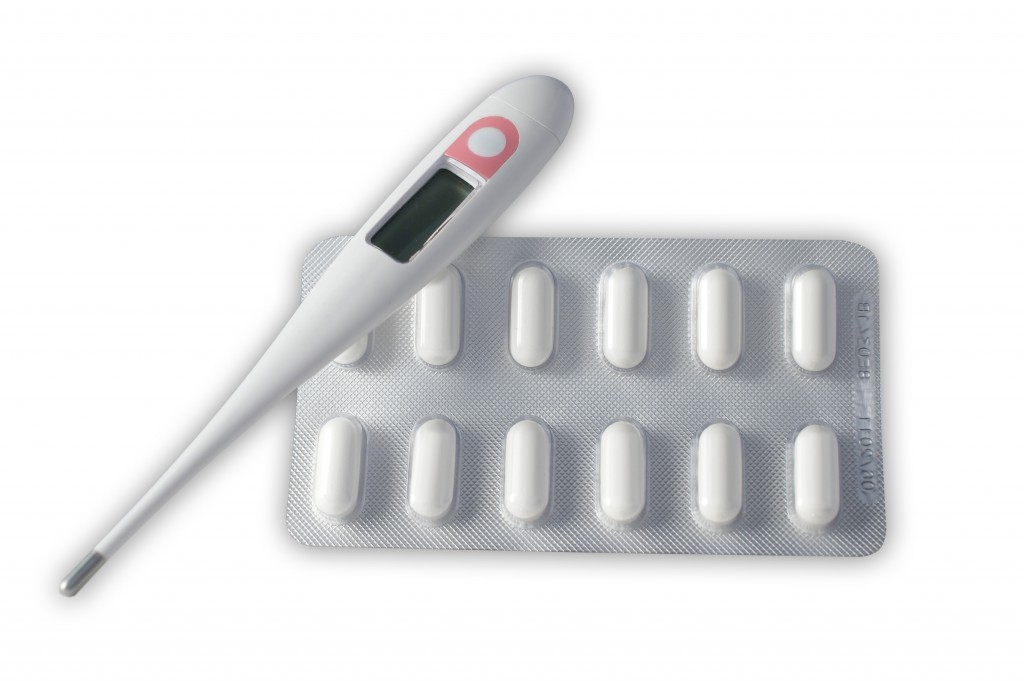There is a need to take essential steps to help employees realise that their health is important for the working of a commercial property business. Furthermore, working while being sick can have severe consequences over the health of other employees.

A survey reveals that a third of workers are more inclined to go into work ill because of the economic recession.
The study conducted by Nuffield Health of 1,600 staff found that 30 per cent of workers are now more likely to go into work sick as a result of the present economic climate.
These days, commercial property businesses are finding increased cases of sick employees working in the office. But hardly any consider the reasons behind it. The study found the most important factor for around half of employees choosing to turn up for duty while sick, was job security.
Overall, almost three quarters (72 per cent) of those surveyed went into work last year while sick. And more than half (53 per cent) of those examined went into work with a transmittable illness such as a cold or the flu in the past year.
Managing Director of Nuffield Health, Corporate Wellbeing Marcus Powell said: “Employees going into work sick costs businesses dearly-up to £15 billion a year. Our research shows the economic downturn has made people more likely to go into work sick often because they fear losing their job.”
He further added: “This is bad for business. At Nuffield Health we work with more than 1,000 corporate clients to help them maintain a healthy workforce.
“The corporate world knows that staff wellbeing directly affects their profits. That is why more and more businesses are providing good clinical and fitness experts for their workers.”
The age group most willing to go into work sick are those aged between 16 and 24 with 85 per cent revealing they went into work sick last year and almost half (48 per cent) said they were more likely to go into work sick because of the economic downturn.
The income group most likely to go into work sick because of the recession is those earning below £20,000 followed by those earning between £21,000 and £30,000 and those earning between 31,000 and £50,000. 
Medical Director at Nuffield Health, Dr Andy Jones, said: “Effective health and wellbeing is about helping people to make the choices to stay physically and mentally fit.
“Presenteeism means those who are ill go into work sick, possible infecting others. Any doctor would advise workers to stay at home and rest if they are unwell.”
Women were somewhat more likely than men to go into work because of the economic downturn (33 per cent compared to 27 per cent).
The sectors feeling the most pressure to go into work ill are the commercial property retail industry, followed by manufacturing and then education.
Twenty one per cent said they were partaking in exercise less, since the start of the economic downturn.
Research from the University of Aston (2010) revealed the cost of presenteeism to be £15 billion annually. According to the Economic and Social Research Council, this is estimated at twice the cost of absenteeism.
A report last year by the Chartered Institute of Personnel and Development (CIPD) showed presenteeism had worsened stress levels; adversely affecting productivity by the transferring of illnesses and the sick being unable to work efficiently.
There is a need to recognise the growing trend that a major section of the working force is not paying much attention to their health. Regardless of doctors’ advice to take sufficient attention, most employees are seen working day in and out. Even the report made it clear that there were nearly 85 per cent who despite being sick joined the office last year and with the economy the way it is, many are expecting to follow suit this year also.
Meanwhile, a Scottish Council has paid more than £10 million to sick employees in just nine months.
Fife Council forked out more than £1 million a month to absent staff between April and December last year.
However the exact figure could be even higher, as the figure doesn’t take into account money paid to workers brought in to cover staff absences.